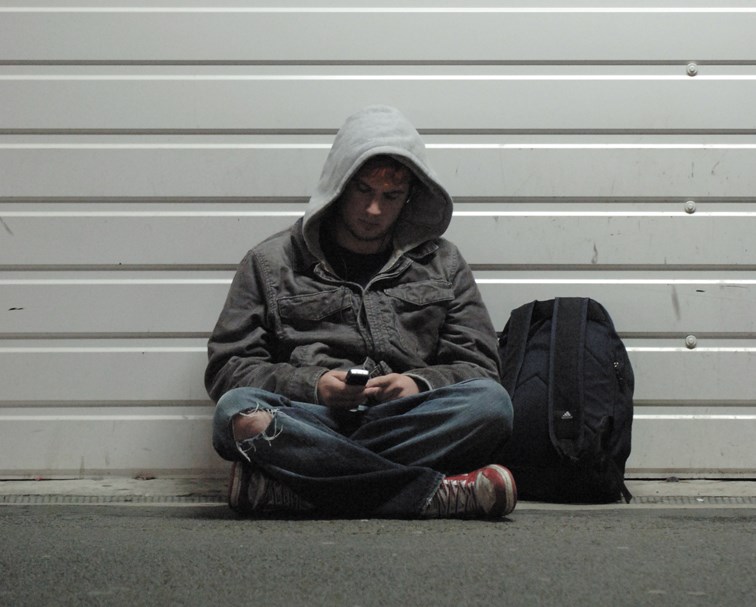The provincial government has partnered with local governments, non-profits and hoteliers to secure 939 living spaces for vulnerable people who need to self-isolate – but only seven of those are in northern B.C.
The spaces will be available for the homeless, people leaving unsafe homes and youth who need a place to shelter and self-isolate, a statement issued by the Ministry of Municipal Affairs and Housing on Tuesday said. A single site in Prince George with seven spaces is the only location in the Northern Health region taking part in the initiative.
"BC Housing is working closely with the Northern Health Authority, and is in discussions with multiple northern communities about city-owned properties that could be appropriate to bring people indoors, within their communities, so they would not need to travel," a Ministry of Municipal Affairs and Housing spokesperson said in an email. "We are also in discussions with a number of additional private hotel owners in these areas to support vulnerable people who don’t have a place to self-isolate, and expect more contracts to be finalized within the next two weeks. These spaces are being held in the event they are needed."
Seven spaces in Northern Health compares to two sites with 160 spaces in Vancouver Island Health, nine sites with 211 spaces in Interior Health, four sites with 179 spaces in Fraser Health and seven sites with 382 spaces in the Vancouver Coastal Health region. The town of Hope – with a population of about 6,200 people – has 10 spaces, more than the northern half of the province.
"In addition to these sites, BC Housing has worked with its partners to keep three temporary winter shelters in Prince George open until the end of June," the spokesperson said. "These shelters will provide an additional 40 spaces for people experiencing homelessness in the community. Temporary winter shelters normally close at the end of March each year but as the Province addresses the impacts of the COVID-19 pandemic, we are working with our partners to try to keep these shelters open past March 31st, especially in areas that have a high population of people experiencing homeless. This will be on a case by case basis as each shelter and municipality must decide if they have the capacity to stay open, and what additional support is needed from the Province to stay open."
The most recent official data on homelessness in the city comes from the 2018 Report of Homeless Counts in B.C., released in December 2018. The report identified 160 homeless people living in Prince George. The report also identified 96 homeless people in Terrace, 71 in Prince Rupert, 29 in Smithers and 61 in Fort St. John.
The province isn't releasing the names of hotels and motels taking part so they can operate privately and focus on helping people who need a safe place to self-isolate.
However, the province has identified civic facilities offering shelter like the Coal Harbour Community Centre and Roundhouse Community Centre in Vancouver, North Surrey Recreation Centre in Surrey, Kalein Hospice Center in Nelson and the Vernon Curling Club.
The current number of sites and spaces in each community can be found online at www.bchousing.org/COVID-19/community-sites.
Some participating hotels are reserved for people who have COVID-19 and need a place to self-isolate while they recover, while others are for patients being discharged from hospitals who do not have COVID-19, but still require ongoing health care.
Health authorities are identifying people who need to self-isolate and is working with BC Housing to refer people to hotel rooms or community centres.
"Staff will be on site regularly and will provide daily meals and cleaning services," a ministry statement said. "When required, health-care workers will also provide on-site care to ensure people are getting the medical attention they need."
Some of the facilities have begun accepting people, while others are ramping up to be ready in the coming days and weeks, a ministry statement said. The province is working to identify more available rooms in communities throughout B.C. to expand capacity if a needed.
A spokesperson for the City of Prince George declined to comment if the city was approached by the ministry to participate in the initiative, using any of its civic facilities. During the 2018 wildfire season, more than 3,000 people evacuated from throughout northern B.C. were housed at the Prince George Emergency Reception Centre located at the College of New Caledonia main campus.



